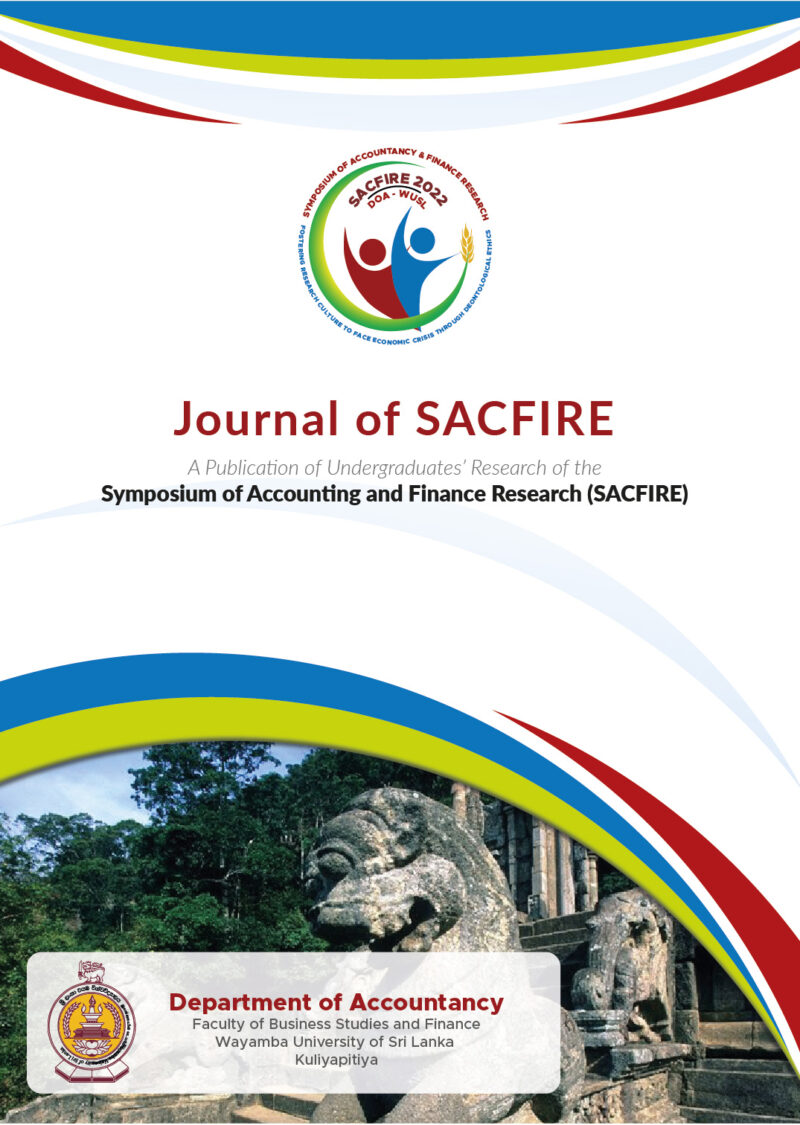Each paper is desk reviewed by the Editorial Board and, if deemed appropriate for this publication, is sent to two independent reviewers for double-blind review.
The Editor-in-Chief then decides whether the paper should be accepted as is, revised, or rejected based on their recommendation and consultation with relevant Editorial Board Members.
Reviewer Guidelines
The reviewers are asked to provide feedback on the following manuscript-related topics.
(Relevant, timely and reflects the content and purpose of the research)
(Abstract includes information important for understanding the content of the paper)
(Accurate and sufficiently reflect the content of the study)
(The introduction clearly defines the background, purpose and objective of the research)
(The paper makes a significant contribution to the body of knowledge related to this Journal. It is highly significant, breaks new ground, and provides a foundation for future)
(Worked out a review of previous research in the treated area)
(The rationale for the paper and for the hypotheses development are well-grounded/ It is based on a known theory or on an interesting issue)
(The research methodology for the study is appropriate and applied properly)
The analysis is appropriately done using an acceptable method. Results are appropriately presented.
(Discussion of the results is based on analysis of data; results support the applied methodology and conclusions/ results are not overstated or overgeneralized.)
(The conclusion is based on and contributes to the discharge of treated problems/ Implications and recommendations for management are relevant and useful)
- Language Clarity and Presentation
(The paper has clarity of presentation, easy to read and free from grammatical or spelling errors)
Based on the above comments the research article is recommended for;
- publishing with no changes
- publishing after addressing minor changes
- publishing after addressing major changes
- not suitable for publication
(Link to the submission guidelines)

